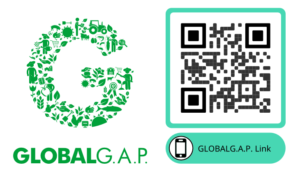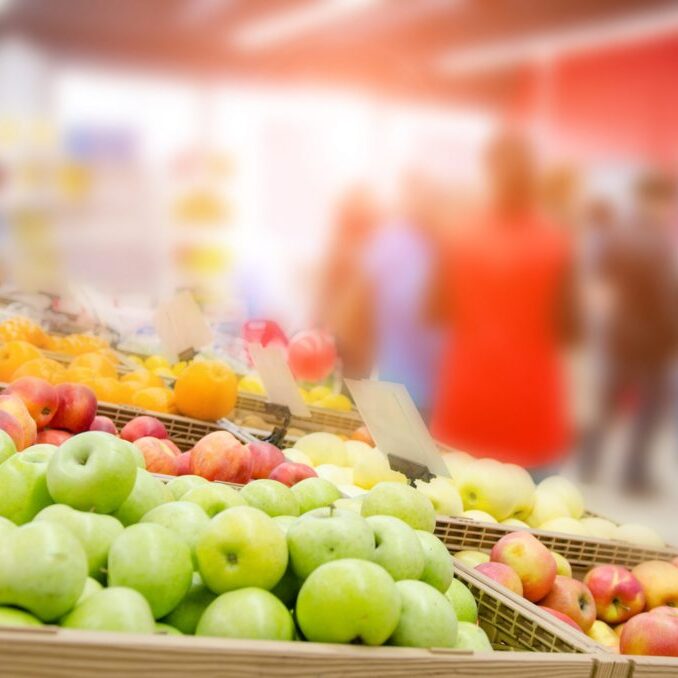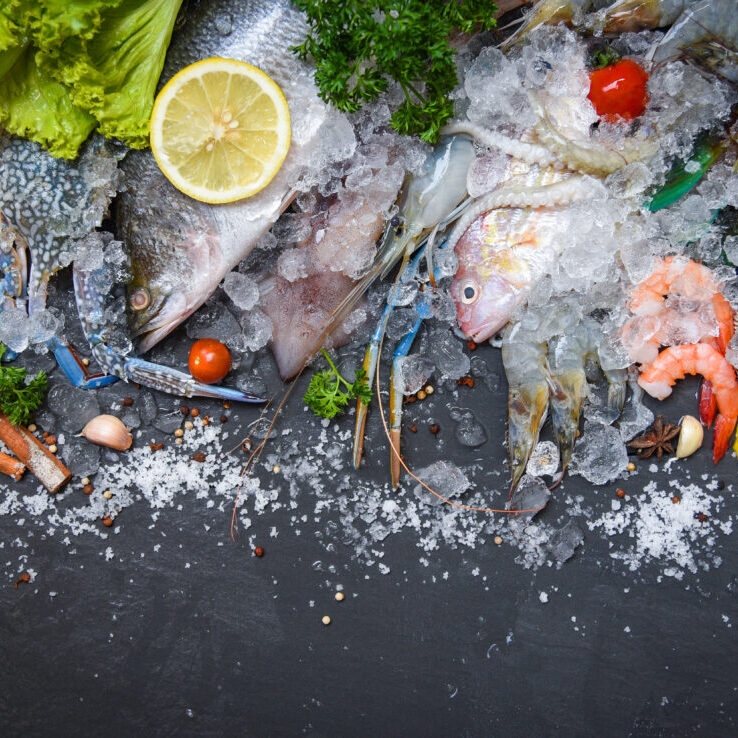The GLOBALG.A.P. Aquaculture Standard sets strict criteria for:
- Legal compliance
- Food safety*
- Workers' occupational health & safety
- GLOBALG.A.P. Risk Assessment on Social Practice (GRASP)
- Animal welfare
- Environmental and ecological care**
*The GLOBALG.A.P. Aquaculture Standard has been successfully assessed against the Global Food Safety Initiative (GFSI) Benchmarking Requirements and achieved GFSI recognition for scope A2 farming of Fish - the ONLY Aquaculture farming standard to have achieved this
**The Standard has also been benchmarked against the Global Sustainable Seafood Initiative's Global Benchmark Tool Version 1 and are recognized by the GSSI Steering Board. A seafood certification scheme is recognized after successfully completing the 7-step Benchmark Process. The expert-led process involves objective assessments made against the Benchmark Framework. For more information on the GSSI please see here
There are two parallel valid versions of IFA: IFA V5.4-GFS, which has GFSI , and IFA V5.2, which has lost its GFSI recognition for certificates issued after 21 May 2020.
Both versions, IFA V5.4-GFS and IFA V5.2 have GSSI recognition.
AGFOCERT has accreditation both for v5.4 and v5.2 by IAS.
The Standard covers the entire production chain from feed to fork:
Compound Feed: Aquaculture producers are required to source the compound feed used at the aquatic farming and hatchery levels from reliable suppliers. Learn more about the GLOBALG.A.P. Standard for Compound Feed Manufacturers.
Aquaculture Hatcheries and Farms: The GLOBALG.A.P. Aquaculture Standard applies to a diversity of fish, crustaceans and molluscs and extends to all hatchery-based farmed species, as well as the passive collection of seedlings in the planktonic phase. It covers the entire production chain, from broodstock, seedlings and feed suppliers to farming, harvesting and processing.
Chain of Custody: The GLOBALG.A.P. Chain of Custody Standard gives aquaculture producers a high level of transparency and integrity by identifying the status of your product throughout the entire production and supply chain, from farm to retailer. For added value, read more about the GLOBALG.A.P. Chain of Custody Standard here.







